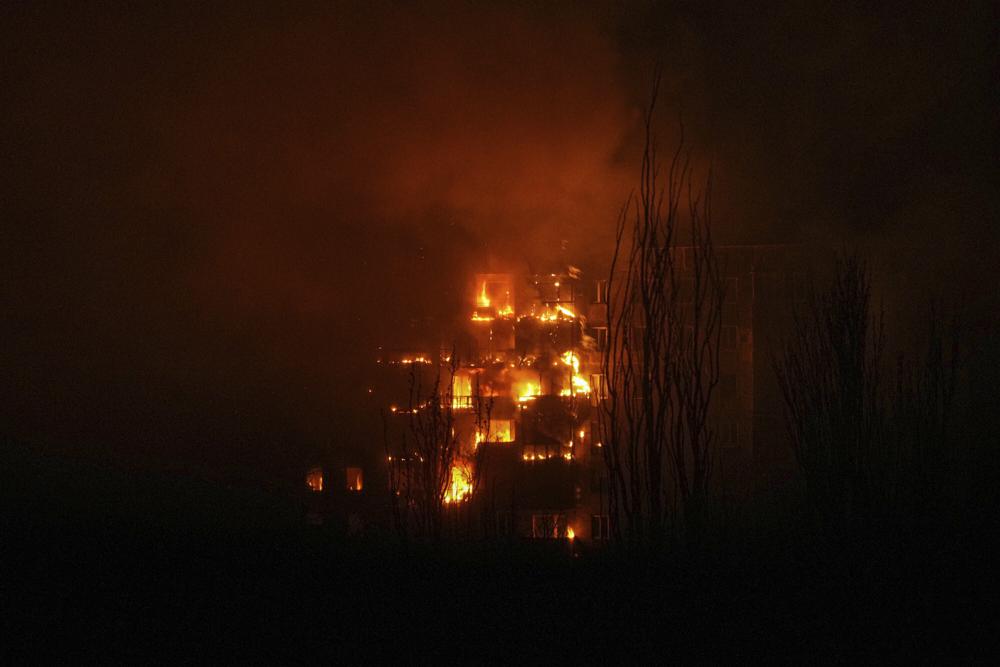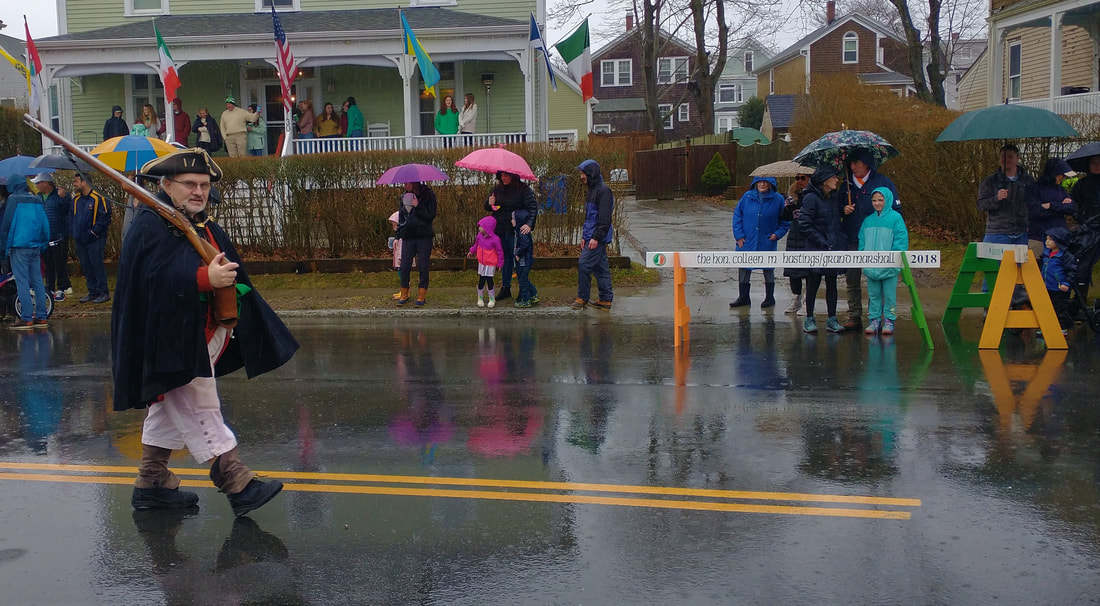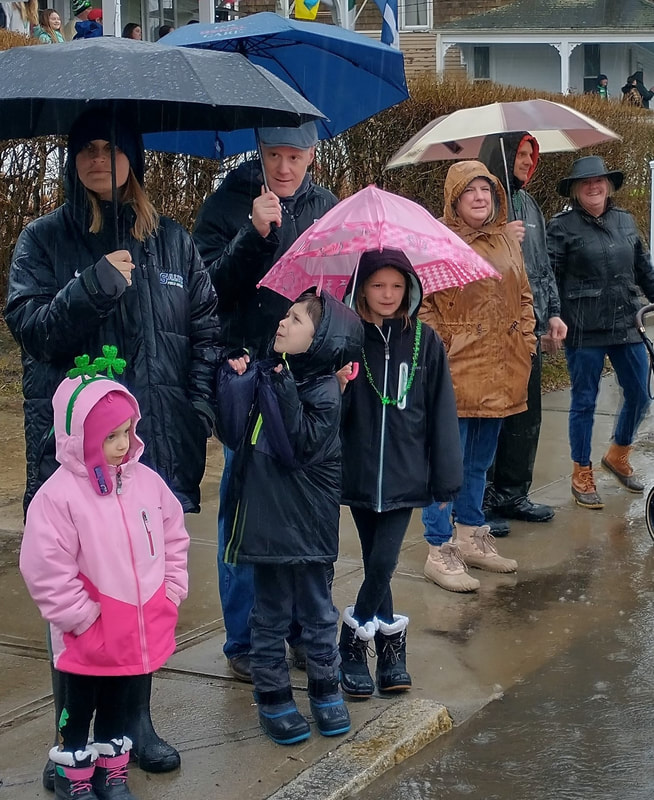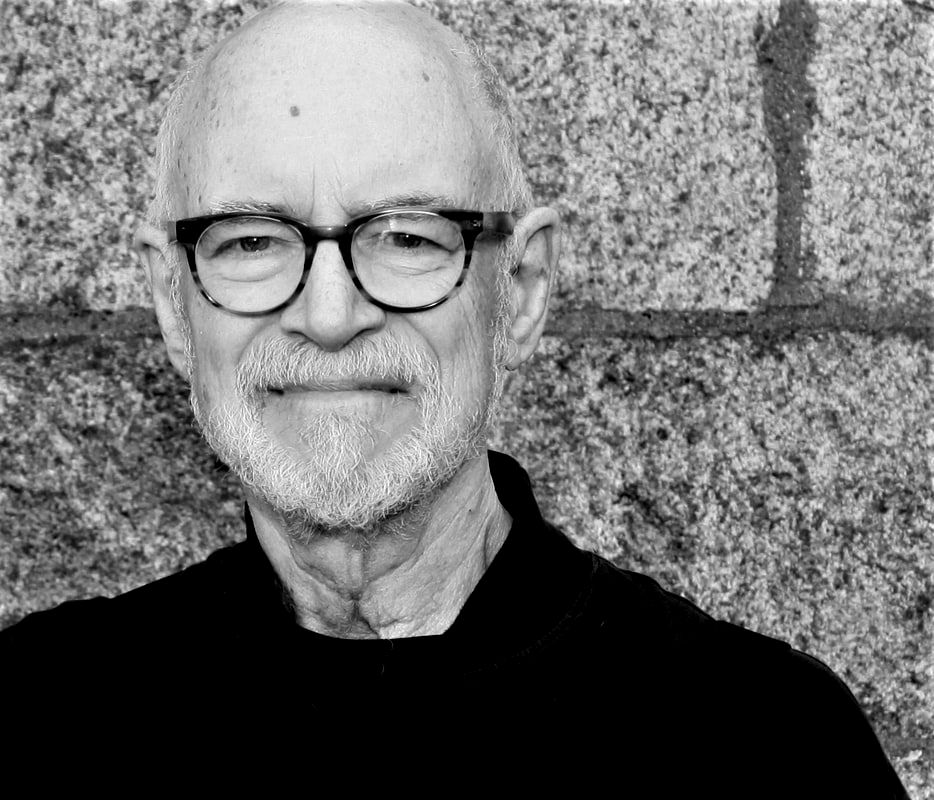ESCAPE FROM UKRAINE: A few suitcases, a cat in a basket and a worried dogTHERE ARE THOUSANDS of photos documenting the destruction of Ukraine. City neighborhoods turned to rubble. Apartment buildings ablaze. Agony on faces. Twisted skeletons of trucks and tanks. For me, the picture that defines the atrocity of Vladimir Putin’s attack on Ukraine is tame. It's the one at the top of the blog. Taken by an Associated Press photographer, it shows a dog and a cat that a family brought with them as they fled to Poland, where they’re now in a train station. The cat is nestled in a small laundry basket, swaddled in a blanket, only its head sticking out, eyes wide open, maybe frowning and looking a little scared. The dog – maybe an Irish setter – sits to the side of the basket, its majestic head looking at the cat, as if still on duty as protector-in-chief. Maybe I’m reading too much into it, but the dog looks worried; wondering, perhaps whether he was ever up to driving out the Red army. At this point, you would be right in suggesting I’m committing several offenses, the most serious being trivializing the horror of the attack on Ukraine by one of the world’s largest, cruelest nuclear powers. There’s also an anthropomorphic transgression, suggesting that animals think and act like we do. And Count Three, exploiting a cute cat and a lovely dog to get your attention, the cheapest of journalism’s tricks. Guilty of all three. Guilty. Guilty. Guilty. Guilty about the whole Ukraine catastrophe. It is impossible to go through my daily routine – and maybe it’s the same for you – without guilt. Here we are. There they are. Anything here is trivial compared to everything there. An example: in the half-century that our family has lived in the same Rhode Island house, we’ve had a wet-basement problem. When it rains hard, water comes in. This year, we’re fighting back. Invisible holes in one wall have been plugged, and a big sump pump installed (some neighbors have four such pumps). The problem is not completely fixed. These are complex problems. Worst case, we’ll be on the hook for some really big bucks. Whereas, millions of Ukrainians don’t have basements. That’s because they don’t have houses. More than two-million Ukrainians – like the family with the dog and the cat – have left their homes and their country. And they’re the lucky ones. Millions of others are still there, waiting for Vladimir Putin to pulverize their apartments and houses, their stores, hospitals, factories with his bombs and rockets and tanks and cannons. For others, it’s already happened. Hundreds, maybe thousands, are dead or waiting to become dead. BACK HERE, we’re tracking this on TV, in the newspapers, on the radio, thanks to a free press which Putin has mostly destroyed in Russia and hopes to similarly accomplish in Ukraine, one of many tasks on his grotesque to-do list. Ukrainians aren’t worried about skyrocketing prices at the pump. Or the growing cost of food. Or greedy rent hikes. The higher cost of everything is a frightening and real threat for millions of Americans, for whom a flat tire may begin their trip into homelessness, such is the nature of our treacherous and capricious economy. Even so, all that pales next to what’s going on in Ukraine. The absolute worst thing that can happen to a country and to its citizens is underway Ukraine. No wildfire, no flood, no act of God can compare to the catastrophe brought by the whim of a nasty little man nobody seems able to stand up to. It’s hard to watch, so a lot of the time, I just don’t. I force myself to listen to the top of the NPR newscast in the morning, and scan the papers, some online, some on old-fashioned newsprint. And that’s it for the rest of the day. I’m done with the news until a brief update at supper and bedtime. The rest is music, maybe a podcast, sometimes a book, which you can bet is not about Ukraine. Still, I can’t get Ukraine out of my head. I’ll look out a window, and our street is quiet. The pavement’s intact. No craters from bombs or rockets or bazookas or cannons or tanks. The apartments across the street aren’t ablaze with flames shooting out every window. There’s no smoke on the horizon. The refrigerator is packed with food. If you turn on our kitchen faucet, water comes out; turn it another way, steaming hot water comes out. A couple of days ago, our little city of Newport held its iconic St. Patrick’s Day parade for the first time since Covid called it off, twice. Being mid-March, it rained cats-and-dogs, but I bravely walked past four houses to the parade’s finish line at the end of our street, just to catch the flavor of things. The spectators seemed cheerful in their brightly colored raincoats and umbrellas, maybe because, like me, they lived close by and soon enough would be cozy and warm. ONE OF THE MARCHERS was a lone, half-drenched guy dressed in a historical Colonial uniform, except for his L.L. Bean-like boots, soldiering on, a musket slung over his shoulder. To me, he suggested the level of military support our country is giving Ukraine. Which is unfair, since we’re doing a whole lot, while simultaneously trying to avoid a nuclear holocaust and the end of the world. Still, that’s what I’m thinking as one very wet, pretend soldier, with his musket, plods past the finish line, alone in the center of a very wet road. The Ukrainians aren’t doing parades this year, except for the miles and miles of trucks and tanks and other machinery Putin’s zombie army uses to kill people, waiting to get to the capital to begin doing their best and worst. Maybe, by the time you read this far, they’ve moved in. I’ve read that the Russians already took over the city of Melitopol and reportedly put a bag over the mayor’s head as they hauled him away before installing a "new" one. Her first words: "Our main task now is to adapt all the mechanisms to the new reality so that we can begin to live in a new way as soon as possible.” THE UKRAINIANS aren’t wondering what’s on streaming TV tonight. Or whether a rogue March snowstorm this afternoon will slow commuters on Route 95; or whether to have vegetables plus a salad for supper tonight, or just one or the other. Or whether they should top off their car’s gas tank before the price goes up. Again. Just three weeks ago, Ukrainians were like us, more or less. The Russian war machine was on its side of the border. Men and women, their kids, parents, friends, uncles, sisters were living regular lives. Families had homes, maybe some with basements. A pregnant woman could go to a hospital to have her baby without both of them dying a few days after someone took their picture. Workers had jobs, put food on their tables, and when they turned on their kitchen faucets, water came out. Three weeks ago, a Ukrainian family might get the kids a dog and a cat, and not give that a second thought. Now, they are in Poland’s Przemysl train station, waiting for what’s next. At their feet are just a few things from their former lives, a few suitcases, along with a surprised cat and a worried dog. Nothing will ever be the same. NOTE: I've used Associated Press photos here for the obvious reasons, but without permission. They are part of a stunning photo package the AP published over the weekend, and that you can see on the agency's website at this link: https://apnews.com/article/russia-ukraine-europe-666be0a0cd62580b920452338e4c4de8
2 Comments
Gerry
3/14/2022 08:46:31 pm
Right on and wicked good.
Reply
Brian C Jones
3/14/2022 10:01:31 pm
Thanks.
Reply
Leave a Reply. |
BRIAN C. JONES
I'VE BEEN a reporter and writer for 60 years, long enough to have learned that journalists don't know very much, although I've met some smart ones.
Mainly, what reporters know comes from asking other people questions and fretting about their answers. This blog is a successor to one inspired by our dog, Phoebe, who was smart, sweet and the antithesis of Donald Trump. She died Feb. 3, 2022, and I don't see getting over that very soon. Occasionally, I think about trying to reach her via cell phone. |





 RSS Feed
RSS Feed